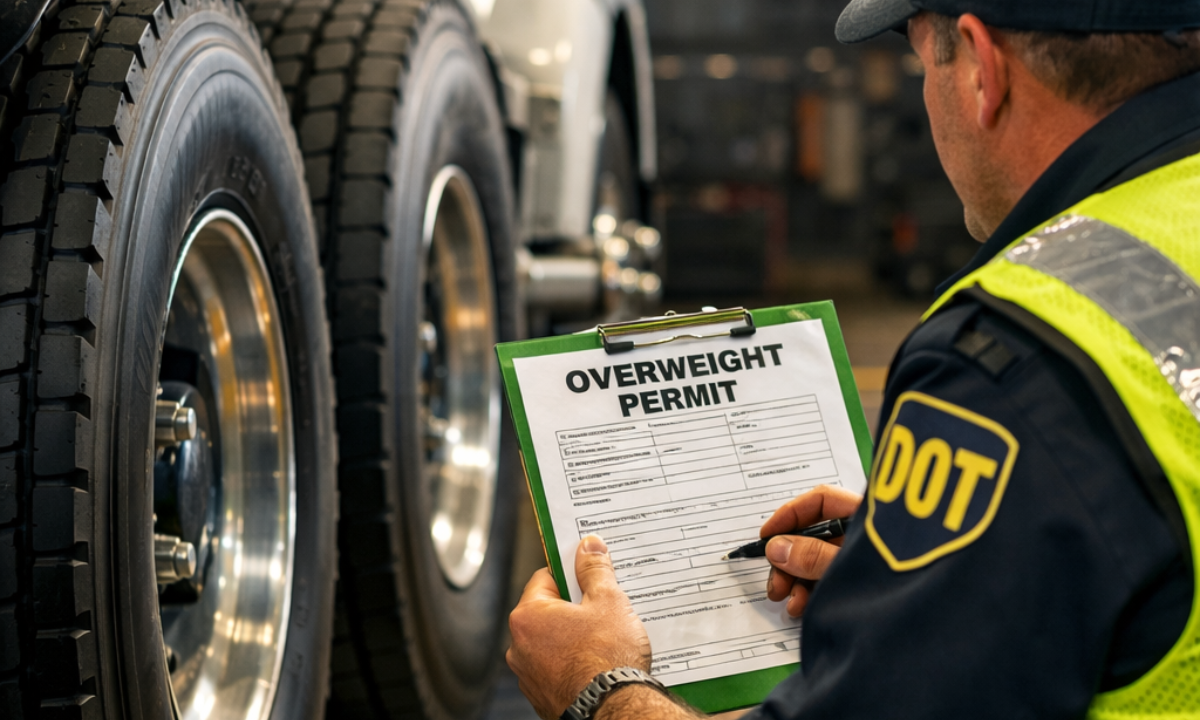Summer Trucking Tips-Keeping Cool on the Hot Highway
Truck drivers face peculiar challenges during hot summers, from managing the performance of their vehicles to maintaining their safety and comfort. Long sun exposure, greatly rising pavement temperature, and dry air harm both driver endurance and truck efficiency. Adequate preparation can effectively minimize breakdowns, optimize fuel economy, and provide an avenue to address health issues while on the road.
Engine Cooling and Performance
In hot weather, the cooling system of a truck is under additional stress that calls for an inspection; hence it is vital that cooling systems be regularly inspected. Always check coolant levels, topping it off with the proper coolant-to-water ratio to prevent engine overheating. Also, a crack or a leak in the hoses could cause problems; therefore, check to see that they are installed correctly and that the radiator is kept clean with proper air circulation. Ensure the thermostat and water pump are functioning properly so that engine temperatures remain stable while traveling at speed along highways.
Air Conditioning and Cabin Comfort
Having a normally operating A/C system is of great importance in preventing driver fatigue and heat stress. Service the A/C unit before the peak summer by checking refrigerant levels and compressor efficiency. In order to allow cool and clean airflow, make sure to replace cabin air filters regularly. It would be useful to apply sunshades that deflect solar heat away from the cab and use lightweight breathable fabric for the seat covers in order to optimize comfort over long hours on the road.
Tire Care During the Heat
Heat expands the air inside tires, essentially creating conditions for over-inflated tires and subsequent blowout. Check the tire pressure once the tires are cool to attain true accuracy, and maintain the pressure levels within manufacturer recommendations. Make sure the tread depth is good for grip on hot asphalt, and rotate the tires regularly to reduce uneven wear. Use long-haul tires that resist heat in the months of full summer.
Brake System Safety
Inclement weather will hinder braking effects. Between loads, excessive heat can hinder brake performances and cause certain grades of brake fade when hauling exceedingly heavy loads. Inspect brake pads, discs, and linings for wear and replace them as necessary. The brake fluid must also be at proper levels and free from moisture contamination (moisture could boil and cause brake failure under extreme heat conditions). Gradually applying braking and avoiding excessive downhill speed will preserve brake integrity under summer conditions.
Driver Hydration and Heat Safety
Dehydration or heat exhaustion are serious potential hazards of summer trucking. Carry plenty of water and electrolyte drinks but keep caffeinated drinks to a minimum, as caffeine may hasten dehydration. If you’ve passed the one-hour mark without taking water, consider taking a break. Regular breaks in shaded or air-conditioned areas are a must. Be self-aware of heat-stroke symptoms such as dizziness, rapid pulse, and even nausea. During the day when driving, wear UV-abrasive sunglasses and apply sunscreen to avoid sun damage.
Fuel Economy Under Hot Weather
On a hot day, excessive use of air conditioning may an all-time low engine performance under heavy load and have a negative impact on fuel economy. Maintain tire pressure according to the manufacturer’s recommendations to reduce rolling resistance and minimize idle time. Use cruise control when it is safe to maintain steady speeds, and plan your route to avoid congested areas during the hottest parts of the day.
Heat Protection for Cargo
There are certain practices that, during summer transport, will protect perishable and temperature-sensitive goods. Either insulated trailers or refrigerated units should be used to stabilize temperature throughout the trip. Ensure that the seals of the trailer are intact so that heat does not come in, and check the temperature control system at regular intervals during the journey.
Electrical Maintenance and Battery Condition
Excessive heat will definitely shorten battery life and put a hindrance to electrical members. Inspect battery terminals for corrosion, ensure fastening terminals are secure, and test for charge capacity. Avoid direct heat sources on wiring harnesses as it will deteriorate the insulation.
Get Ready for Summer Road Emergencies.
Summer preparedness requires including a kit with water and electrolyte packets, an adequate first-aid kit, an extra 1 liter of coolant, tire repair equipment, a useful portable fan, reflective triangles, hazard lights, and a fire extinguisher for roadside emergencies.
The Road Ahead
If summer trucking is more demanding than endurance, it surely encompasses everything-interior and exterior vehicle maintenance, driver health, and cargo safety-into one holistic approach. By controlling the hazards of heat, both to trucks and truck drivers themselves, truckers can go beyond just ensuring safe journeys. Instead, there would be truck owners who look toward offering more efficient journeys even in the midst of extreme temperatures.
Disclaimer: The information provided in this blog post is for general informational purposes only. While we strive to keep the content accurate and up to date, we do not guarantee its completeness, reliability, or accuracy. Any actions you take based on this information are strictly at your own risk. We are not responsible for any losses, damages, or inconveniences that may arise from the use of this blog.












